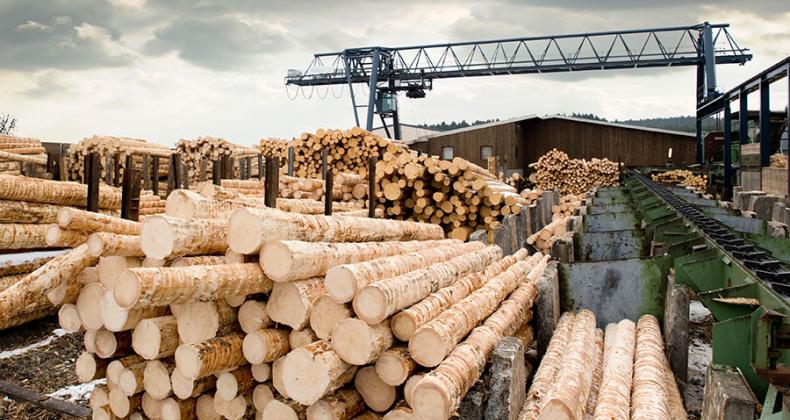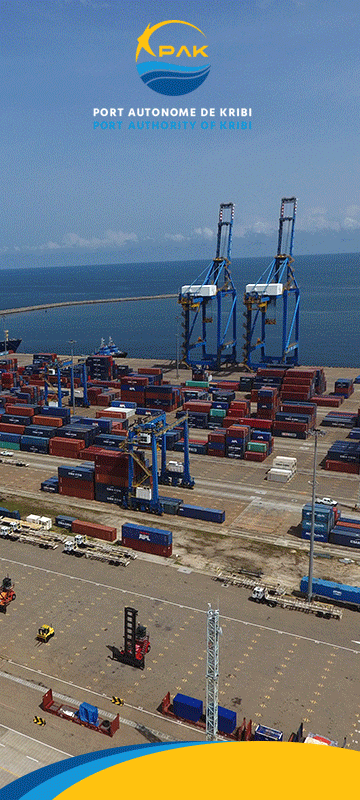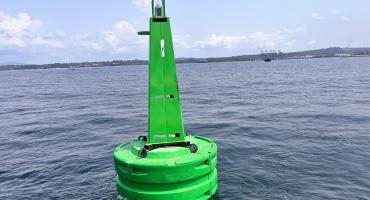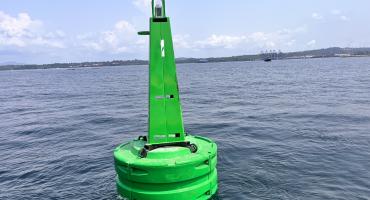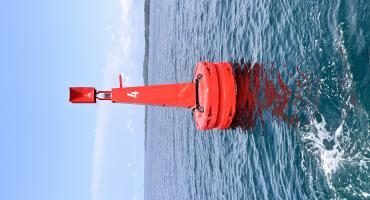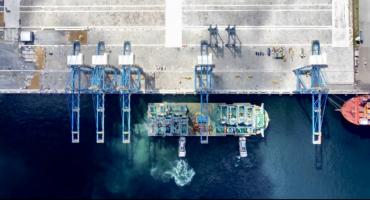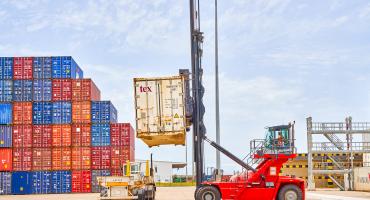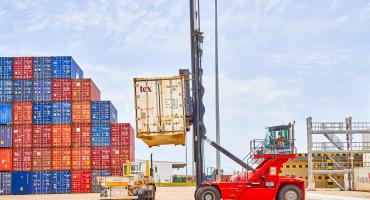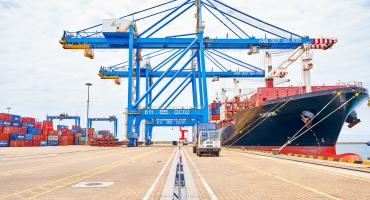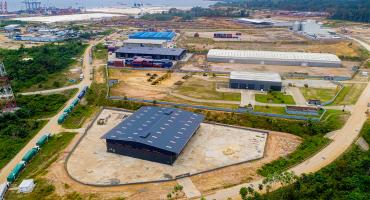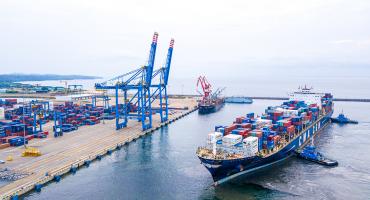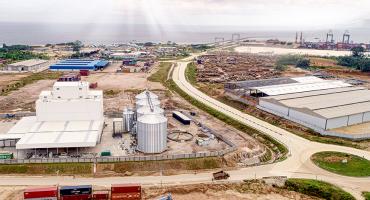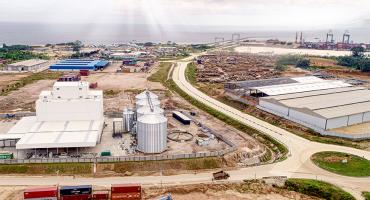A hundred or so people came to Kribi at the Hotel La Marée on April 19-20, 2018, for work on the seminar on traffic and timber development at the Port of Kribi. Calm and studious days, worn by the prefect of the Ocean department, in a room almost too narrow to give space to all those who were impatient around this central theme in the future of short, medium and long-term Mboro site, pre-empted to be one of the biggest gates of Central Africa, for the next few years. Works of importance, under the presidency of Antoine Bisaga, the Prefect of the Ocean Department, in the presence of the Director General of the Autonomous Port of Kribi (PAK) and representatives of several leading administrations: Customs, One-Stop Shop Foreign Trade Operations (GUCE), Société Générale de Surveillance (SGS) and actors in the port area (shipowners, stevedores, freight forwarders, consignees, licensed Customs agents). In the same place are dozens of economic operators in the timber industry, the employers' bodies and the Chamber of Commerce, Industry, Mines and Crafts.
Build the attractiveness of Mboro
Indeed, in the wake of the commissioning of the Port of Kribi on March 2, 2018, and in connection with the deployment of the strategy of support for growth channels converging on the new port platform of Kribi, the foundations were many goals. It was therefore, among other things, to identify all the players in the wood industry, to communicate on the potential of the wood sector in Cameroon, with regard to trends and perspectives, to identify their expectations in relation to the use of the infrastructure of the port of KRIBI, as well as its dependencies, develop data sheets for the transport and handling of the wood and the subsequent operational risks, identify the constraints of the timber export environment, evaluate the Logistics real estate needs, assess the catchable volume and seasonality parameters. This, without forgetting to resize the spaces to be allocated to the temporary storage of the wood, to examine the customs and administrative procedures of export, to present the port offer of the PAK for the Wood sector (Escale, passage port of Wood, storage, handling, cubage , etc.), assess human resource needs and qualifications, and decline administrative procedures by type of packaging.
The seminar thus organized, has achieved many results, the most relevant of which have been: the contribution of the potential of the timber industry for the implementation of the project of attractiveness of the Port of KRIBI, the determination of the mapping of the actors of the sector and expectations in terms of logical needs, the establishment of goods-handling circuits, the consolidation of the port passage processes (logs, debits, others), the finalization of logistical schemes to support the development of the sector wood and optimization of stopover planning of logging vessels.

